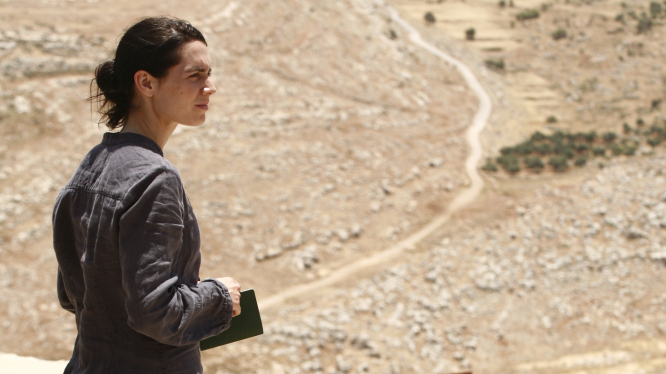Incendies
The woman who sings
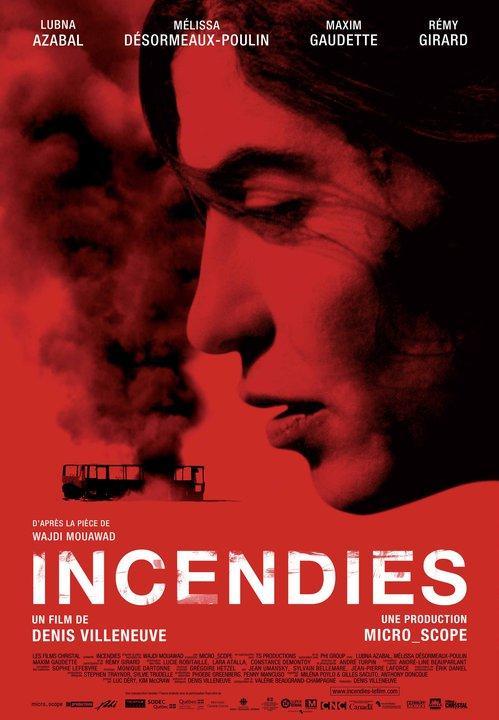
Cinema is the most peculiar of the Arts, because in addition to bringing together all the others arts, it depends a lot on the commercial return to cover the astronomical costs of production, distribution and exhibition. That’s why re-filming of old hits, or well-foreseeable productions, is so frequent to please the general public. Even so, some directors still manage to bring something new, intelligent and well-told stories, thus uniting reason and emotion. This is the case of the movie “Incendies” (CAN/FRA, 2010), by Canadian director Denis Villeneuve.
Villeneuve was one of the great surprises of the film industry of this new millennium. He recently directed three of the most iconic science fiction films of this decade: “Arrival” (USA/CAN, 2016), “Blade Runner 2049” (USA/CAN, 2017) and “Dune: Part One” (CAN/USA, 2021). There was also directed by him the movie “Enemy” (CAN, 2013), based on a book by José Saramago, which I spoke about last week.
“Incendies”, director’s third feature film, is based on the play by Lebanese playwright Wadji Mouawad, and the screenplay was written by Villeneuve himself. The film already begins in an unusual way, showing the twins Jeanne (Mélissa Désormeaux-Poulin) and Simon (Maxim Gaudette) in the room of the notary Jean Lebel (Rémy Girard), for reading the last wishes of their mother Nawal Marwan (Lubna Azabal), who had recently died.
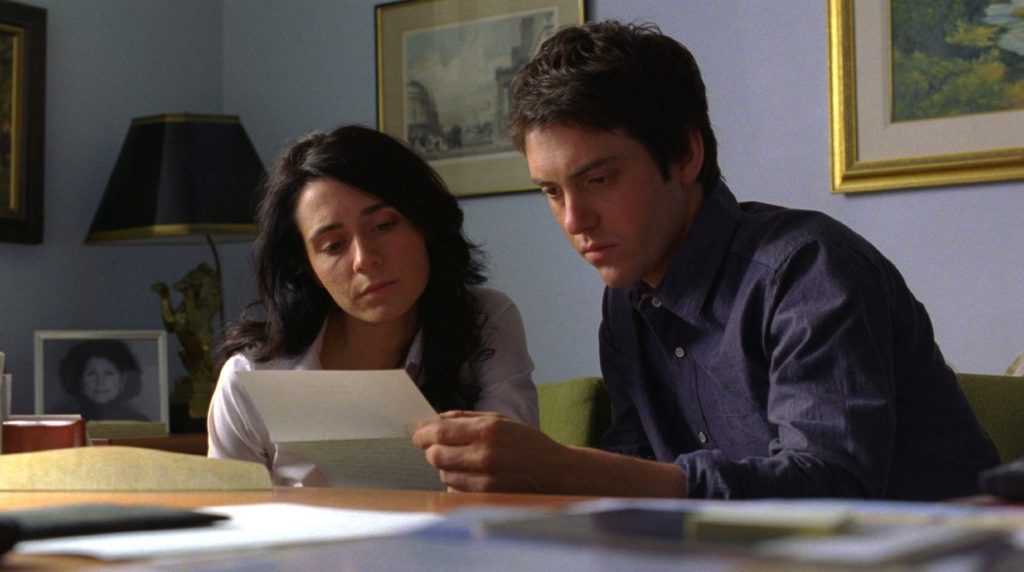
To the siblings’ shock, the woman wished to be buried naked, face down, in a grave without tombstone, until the twins fulfilled their last wish: to deliver a letter to their father and another to a brother of theirs. Both were totally unknown to the twins, as their mother had been very reserved about her life before arriving in Canada.
Simon is disgusted by those requests, thinking they were the fruit of a dying woman’s insanity, but Jeanne decided to do her part. To do so, she embarked to Lebanon, her mother’s homeland, in search of her unknown brother.
Thanks to a skilled use of flashbacks, the viewer is brought up to date with the suffering story of Nawal, born in a Christian family, who had become pregnant by a Palestinian refugee, who was murdered by her brothers. She saw her son to be taken by the midwife to an unknown destination. The only clue allowed was the three-point mark the woman made on the baby’s heel.
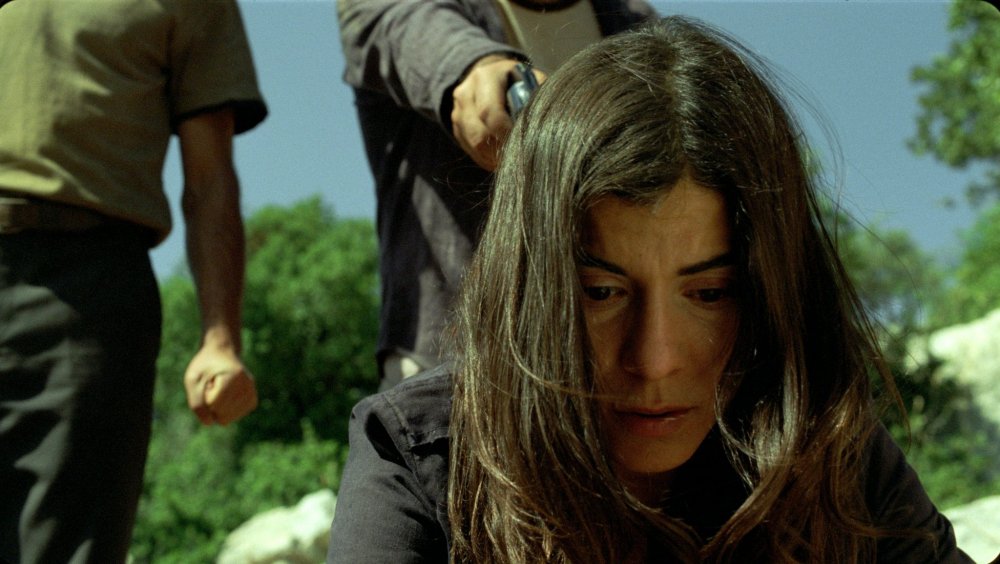
Forced to leave home, Nawal moved to her uncle’s house, where she was able to attend university. But the civil war in Lebanon broke out in the 1970s, when Christians and Muslims faced each other with ferocity and cruelty, lulled by forces and external interests.
Lebanon has long been invaded and subjected to various attacks and invasions. Since the times of Carthage and the Punic Wars, after Hannibal’s defeat, the country has suffered from constant friction between internal groups, its aggressive neighbors, Syria and Israel, as well as Americans and Soviets during the Cold War.
Nawal’s drama takes place in the early years of the Civil War, where she, during the search for her son, is witness to barbaric acts committed by people of her own religion against innocent civilians.
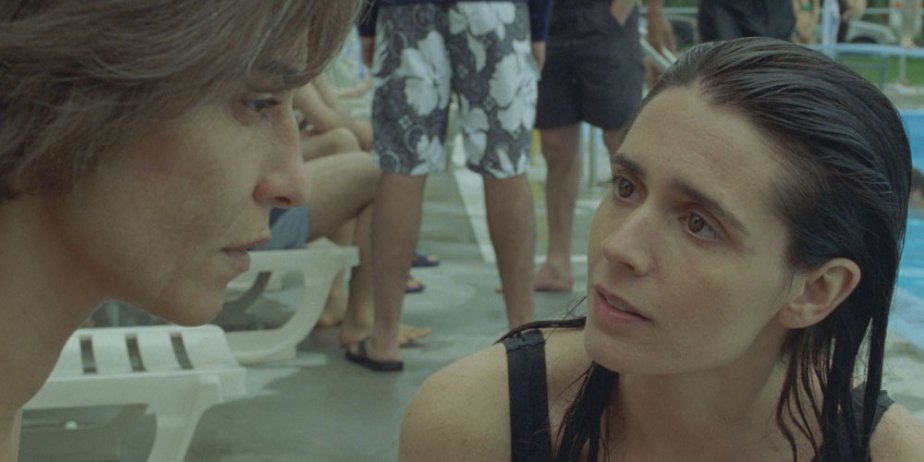
Today, Jeanne cannot accept that her mother, who she had known only as a notary secretary, could have been a revolutionary activist, capable of committing executions, facing fifteen years of incarceration, torture, and multiple rapes committed by the sadistic Abou Tarek.
Joining his sister in Lebanon, Simon is convinced to do his part of investigation, and goes out in search of their unknown father. He discovers that even after decades, people who have lived through those difficult years still hide or keep secrets about what they’ve been through. As one of the characters says, there was a lot of retaliation and cruelty from part to part.
The very well written and directed script leads the viewer with his breath stuck to the end when the announced mysteries are revealed. Even without action scenes or invincible heroes, the atmosphere of tension is always present, as well as the uncertainty about the fate of the characters.

Moving from the rainy Quebec to Lebanon’s arid rocky walls, the film brings a reality shock over one of the world’s most suffering regions, where to this day simple people are the target of other people’s political interests, often masked in religion motivations.
“Incendies” is a movie to be watched and discussed, because the facts shown there are painfully current.
This movie is available on the Apple TV streaming service.

